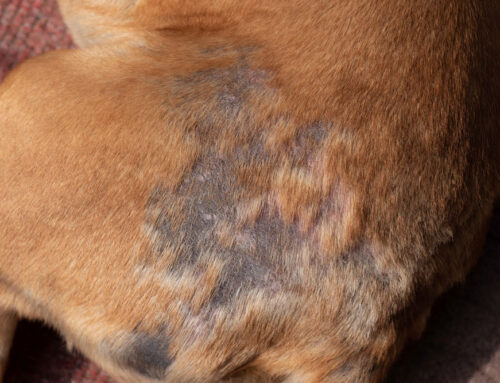- Explore Nat’l Poison Prevention Week
- Discover the dark side of stimulants
- Find a little humor
2914 Lurleen B. Wallace Blvd
Northport, AL 35476
(205) 339-5555
An ounce of prevention…
Benjamin Franklin was right (about a lot of things), prevention is definitely easier than curing any ailment. And cheaper…
Poisoning is the #1 cause of injury-related death (in people) in the United States.The American Association of Poison Control Centers celebrates National Poison Prevention Week this year March 20-26, to help bring attention to this problem. Actually, NPPW has existed as the third week in March since 1962 by presidential decree. Follow #NPPW16 and #preventpoison on Twitter for more information. Click on the image to go to the AAPCC website.
Poisoning is also a major problem in pets, and one of the main reasons dogs and cats go to the emergency hospital. Rat bait, moth balls, human medications, batteries, essential oils, insecticides, antifreeze, the list goes on! A good reason to put our number in your contact list, as well as the ASPCA’s Pet Poison Control (888-426-4435) and/or Pet Poison Helpline (800-213-6680).
A colleague in Texas, Dr. Michael LoSasso, has started a grass-roots campaign to prevent pet poisoning – by getting retailers to label their potentially-pet-poisonous items as such, and increase consumer awareness! Please, check out his site at PreventingPetPoisoning.org for more information.
Just like people, pets really, really need regular dental care! Taking care of your pet’s teeth will help them lead longer, happier, pain-free lives!
Speaking of poison prevention…
The dangers of chocolate in dogs is well known (and, for the most part, exaggerated). The toxic chemical in chocolate that causes the problem in dogs is caffeine. The stimulating effect of chocolate can cause increased heart rate and altered heart rhythms.
But there are much more dangerous stimulants out there than chocolate, and many families have them in their house: medications that contain amphetamines (mainly ADHD drugs like Adderall & Vyvanse), antidepressants (selective-serotonin reuptake inhibitors, or SSRIs, like Prozac, Paxil and Viazodonel), Alzheimer’s medications (like Aricept) and other anti-anxiety meds (like Buspar or Elavil).
All of these medications can cause a dangerously high level of serotonin in the brain, and this may cause extreme agitation, but could also lead to seizures, coma, and death if taken in a high-enough concentration. And keep in mind, the doses for an 80-pound child may very well be high enough for a 4-pound yorkie, or an 8-pound cat.
To make matters worse, there is something about the amphetamines Adderall and Vyvanse (mainly the long-acting, controlled-release versions) that make them very palatable to cats – cats don’t normally eat pills, but they will eat these!
Please, make sure that all medication is kept well away from pets!
A little St. Patrick’s Day humor…
Was this forwarded by a friend? If you’d like to subscribe, and get our newsletter each month, click here!








Leave A Comment